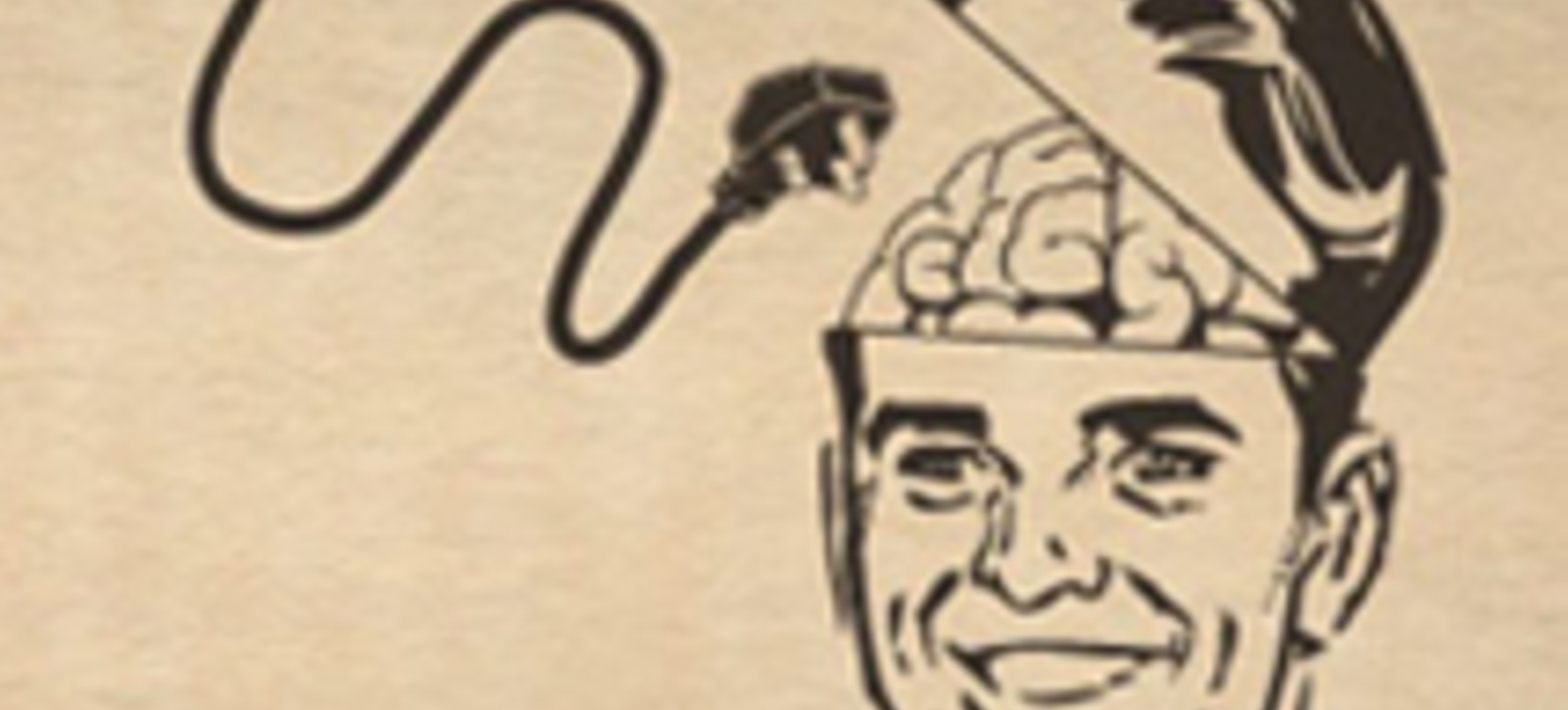
- The Human Zoo reveals why experts are not always right
- Forecasters as bad as everbody else at predicting the future
- Experts overconfident in their abilities to fortell what will happen
- Dunning-Kruger effect shows we think we are more expert than actually are
Expert insights can be hugely valuable, but we should have low expectations of their ability to forecast an intrinsically unpredictable future.
Michael Gove’s now famous quip that people are “sick of experts” during the UK's EU referendum campaign perhaps reflected a general quandary for people on exactly which experts to trust, with so much conflicting information around.
Nick Chater, Professor of Behavioural Science at Warwick Business School, revealed on BBC Radio Four’s The Human Zoo that when forecasting studies have found that experts don’t have a very good record.
Related article: The Human Zoo on why we stick to big decisions
“In forecasting, experts have much more confidence than they should in their own expertise,” said Professor Chater. “In reality experts, and non-experts, are pretty terrible."
Barbara Mellers, of the University of Pennsylvania, has helped put together a forecasting tournament with people from all walks of life and discovered certain people were much better at forecasting than others. Interestingly she found when working in virtual groups people were even better at forecasting, sometimes substantially beating government analysts.
Professor Chater warned experts are often unaware of the limits of their knowledge.
Related articles: How voters can easily be manipulated
“It is very hard for us to know what we don’t know,” said Professor Chater, who teaches Principles of Cognition on the suite of MSc Business courses. “We are trapped within the confines of our own view of the world, so if there are things outside of our own imagination and our own sense of what is possible, inevitably we tend to ignore them.
“Even in areas where we feel confident, we are often wildly wrong even about things that are familiar to us. If we immerse ourselves in political news we will have the same feeling that we pretty much know who is going to resign and what is going to happen next week.
“A particular danger arises from the Dunning-Kruger effect: that non-experts seem to think they are rather more expert than they actually are.”
In one study David Dunning, of Cornell University, co-discoverer of the effect, gave businessmen who suffered bankruptcy a financial quiz and found they performed well below average. But when they asked them to rate their financial knowledge they placed themselves far above average.
Related article: The Human Zoo on why we play the blame game
“We can see flaws in other people’s knowledge, but is it hard to see it in ourselves,” said Professor Chater, who also teaches Behavioural Science for Managers on the Executive MBA.
“So experts need to be more aware of the limits of their knowledge. Having said that, we see that non-experts are even more prone to believe that they know more than they really do.”
To listen to the new series of The Human Zoo click here.
To find out more about behavioural science sign up for Warwick Business School free online course The Mind is Flat: the Shocking Shallowness of Human Psychology.




 X
X Facebook
Facebook LinkedIn
LinkedIn YouTube
YouTube Instagram
Instagram Tiktok
Tiktok